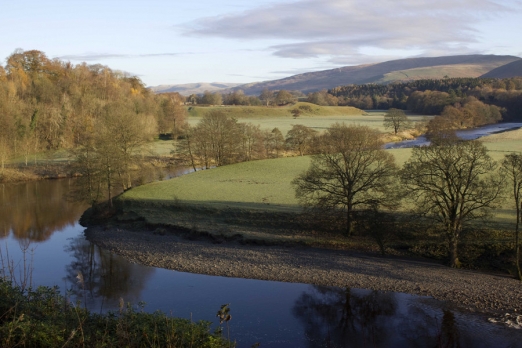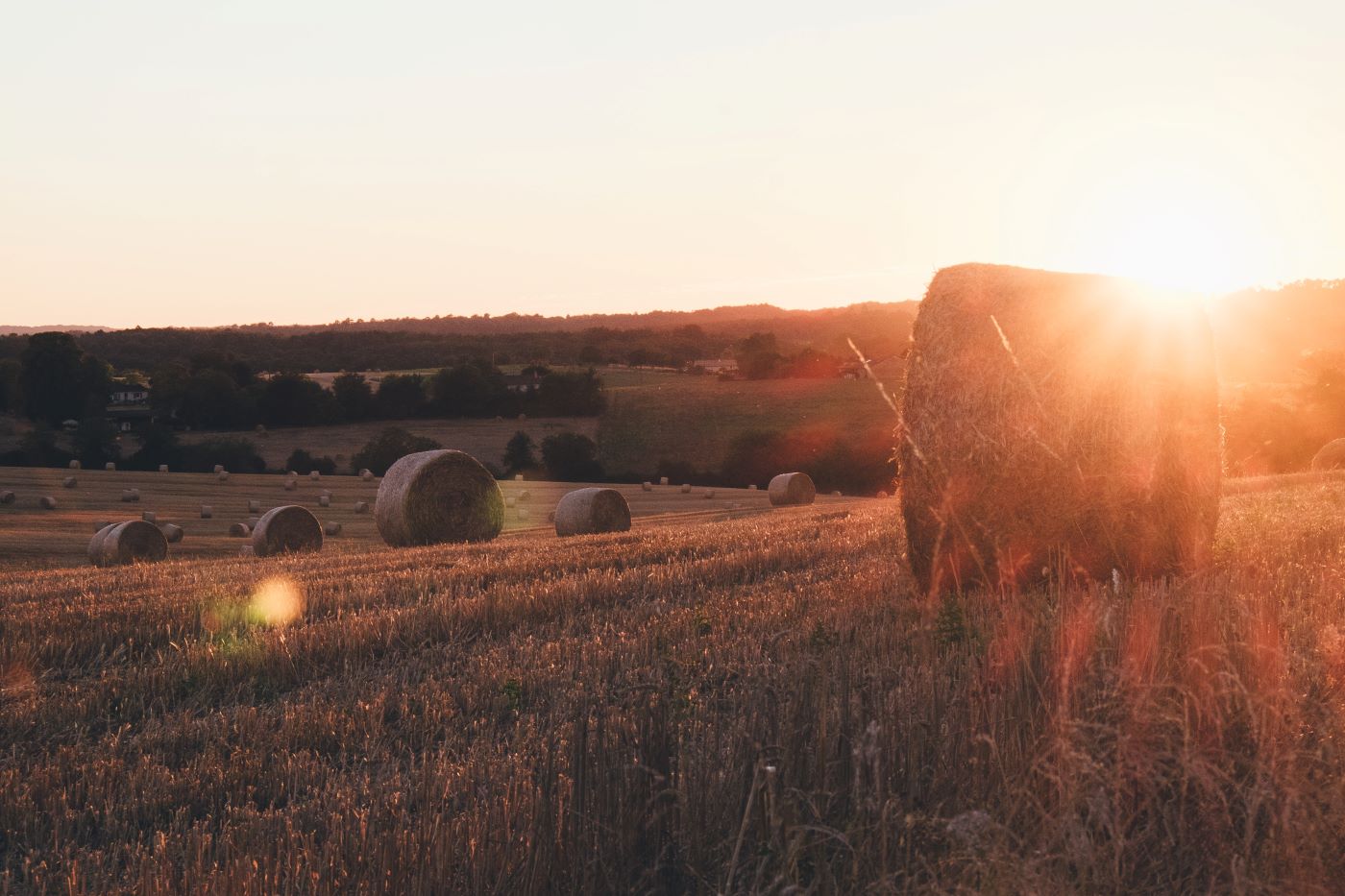UPDATE: Since this blog was posted it has been announced that the National Parks extensions will go ahead.
Testing ... testing ... why has the Government gone silent on a National Park extension?
 Lune River, Kirkby Lonsdale, Westmorland
Photo: © Hilary Fenten
Lune River, Kirkby Lonsdale, Westmorland
Photo: © Hilary Fenten
 A lot can happen in two years. But not, it seems, a Government decision on whether to extend two of our beloved National Parks, the Lake District and Yorkshire Dales, creating a "bridge" between them. It’s now two years since a recommendation was made to Government but not a peep has been heard about it since.
A lot can happen in two years. But not, it seems, a Government decision on whether to extend two of our beloved National Parks, the Lake District and Yorkshire Dales, creating a "bridge" between them. It’s now two years since a recommendation was made to Government but not a peep has been heard about it since.
We’ve had the fine words set out in the Conservative manifesto to "put in place stronger protections for our natural landscapes – so that this remains the most beautiful country in the world" and a commitment to develop a 25-year plan for the recovery of the natural environment. You would think that the Government would see the extensions to these National Parks as a unique opportunity to show just how much it values the long-term protection of England’s finest landscapes.
The Lakes-Dales extensions have certainly been a long time coming; both National Parks were designated in the early 1950s – but the boundaries were decided due to administrative ease (for the councils that managed the land) and the presence of man-made features. This resulted in iconic landscapes such as the Orton and Howgill Fells in Yorkshire as well as large tracts of common land in Cumbria being excluded.
So began a long campaign led by Friends of the Lake District, who, in 2001, commissioned independent research to assess the areas excluded from the two National Parks to see whether they would qualify for National Park status. This vital work, supported by a range of organisations including CPRE and the Campaign for National Parks, convinced the Countryside Agency (now Natural England) to begin work to assess whether the Lake District and Yorkshire Dales National Parks should be extended.
Public consultations
Two public consultations followed, with the majority of responses being in favour of extending the parks, including from the National Park Authorities (NPAs) themselves. Even so, a range of local and parish councils raised concerns including about how planning will work in the areas if they get National Park status. Although this status would give the highest level of planning protection to these areas, decisions about significant planning proposals would be taken by the National Park Authorities instead of local councils. There is a popular misconception that National Park status is a block to all development; yet a recent report by National Parks England showed that on average 89% of planning applications are approved in these areas compared with the national average of 84%. For example, the Lake District NPA approved 91% of major and minor applications in 2012 and 93% in 2013.
Five local authorities objected to Natural England’s proposals to extend the Yorkshire Dales National Park area by almost 24% and the Lake District by 3%. This triggered a Public Inquiry, held in summer 2013, where a Planning Inspector considered the evidence for and against designation. The inspector submitted his report to the Department for Environment, Food and Rural Affairs two years ago today.
So why has there been "radio silence" from Government since? It’s likely that Defra is considering whether they can afford to extend the parks at this time, especially with a spending review on the horizon. But in truth National Parks offer a great bang for our bucks because they make a huge contribution to the rural economy: an estimated 95 million visitors to National Parks and surrounding areas each year spend more than £4bn and support 68,000 jobs. Of course, there will need to be investment by Government now, but it will be the seed funding to further develop thriving rural economies for the people that live and work in these areas.
The Government has said that it wants this to be the first generation to leave the natural environment of England in a better state than when it inherited it and are working on a 25-year plan to make this happen. This is a fantastic opportunity to start as they mean to go on and safeguard these landscapes, for now and the future.
Find out more
Overview of maps covering suggested routes for site visit by Planning Inspector (2.4MB PDF)
Report: Valuing England’s National Parks (3.3MB PDF)
Read about our work on protecting landscapes
See Emma's profile



